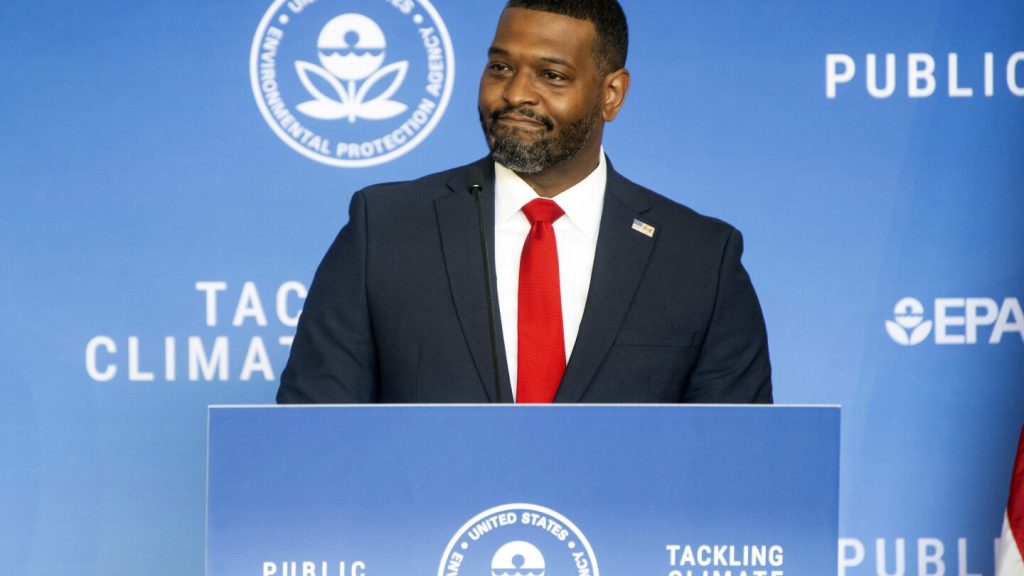The Environmental Protection Agency (EPA) has finalized a ban on consumer uses of methylene chloride, a chemical widely used as a paint stripper that is known to cause health problems, including liver cancer. The rule will protect Americans from health risks while allowing certain commercial uses with robust worker protections. This action is part of President Joe Biden’s administration’s efforts to regulate toxic substances under the Toxic Substances Control Act.
Methylene chloride, also known as dichloromethane, is a colorless liquid that emits a toxic vapor and has been responsible for at least 88 worker deaths since 1980. Long-term exposure to this chemical can lead to various cancers and damage to the nervous, immune, and reproductive systems. The EPA rule will ban all consumer uses, but allow certain critical uses in military and industrial settings, with necessary worker protections in place.
Certain critical uses of methylene chloride in military, industrial processing, refrigerants, electric vehicle batteries, and other essential functions will continue under the EPA’s rule. The chemical industry has argued against the ban, stating that the risks of methylene chloride are overstated and that adequate protections are in place to mitigate health risks. The industry is concerned about the impacts on the domestic supply chain and potential limitations on end uses under the Toxic Substances Control Act.
The EPA’s final risk management rule requires companies to phase down manufacturing, processing, and distribution of methylene chloride for all consumer and most industrial and commercial uses, including home renovations. Consumer use will be phased out within a year, and most industrial and commercial uses will be prohibited within two years. While advocacy groups praise the rule for banning consumer and most commercial uses, concerns remain about continued exposure for some workers to methylene chloride’s dangerous effects.
Wendy Hartley, whose son Kevin died from methylene chloride poisoning while refinishing a bathtub at work, applauds the new rule as a step towards protecting vulnerable workers. Kevin Hartley, 21, died in 2017, and his mother believes that the EPA’s actions will help prevent future deaths from exposure to this harmful chemical. The EPA’s actions are seen as a positive step towards creating a safer environment for workers and consumers, while addressing the risks associated with methylene chloride.


